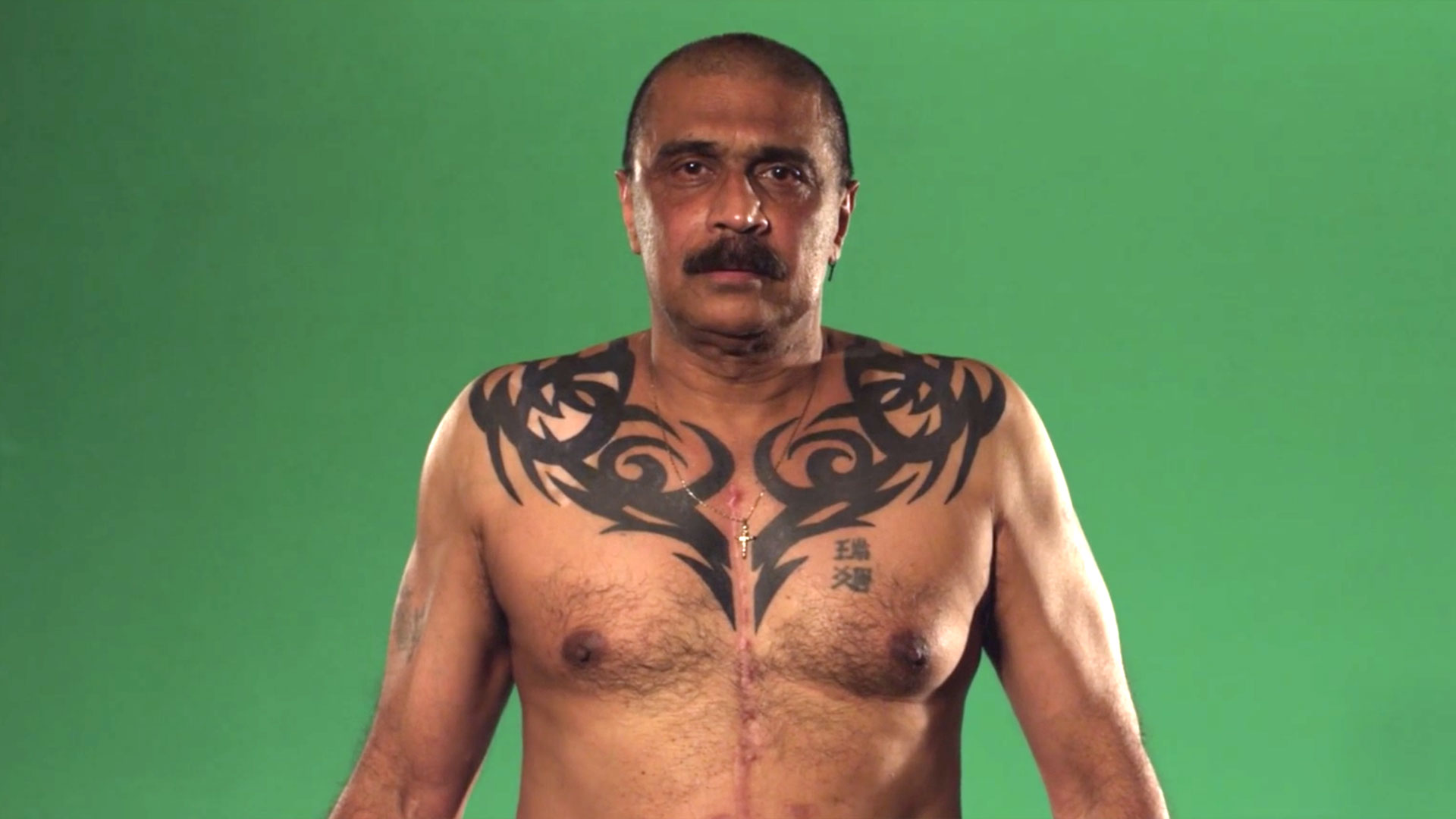A strange thing often happens as you approach your thirties; your parents become people. Not gods, or monsters, just people. Maybe it’s the recognition that adulthood is not an event but an ongoing process, one that often includes forgiving your parent’s flaws, regardless of whether they return the favor. It’s like that movie Nebraska, if you’ve seen it. Nebraska is an hour and a half long. I thought of it because its director, Alexander Payne, is in the special thanks for this film, which pulls off a similar journey in seven minutes.
Battle of the Jazz Guitarist was a Student Academy Award Finalist and premiered at IDFA , the only documentary festival in Indiewire’s top ten. It’s a deceptively simple film about “the Jimi Hendrix of Fiji,” who was forced to take a menial job in the United States when his wife became pregnant with the filmmaker. That fateful moment radiates throughout the film and its maker, who knows how to make a difficult subject both entertaining and emotional. Much of this effect comes from the film’s innovative use of subtitles; the first time I’ve seen them used this way. It’s a remarkably clever device that, paired with a series of simple visuals, guides us through this powerful, personal story. As the point of view shifts to the narrator, the wandering camera guides us into another subjective world.
What strikes me is how as a filmmaker, I know that all of this had to be carefully rehearsed, but as a viewer, it really does feel like a wandering eye. What makes this transition work on a story level is the narrator’s growing self awareness. As the music changes we understand that this is a film not about failure, but about forgiveness. We join the narrator as he realizes that he has the ability to forgive his father. We can only hope that he also has the will to follow through.

 Jason B. Kohl
Jason B. Kohl